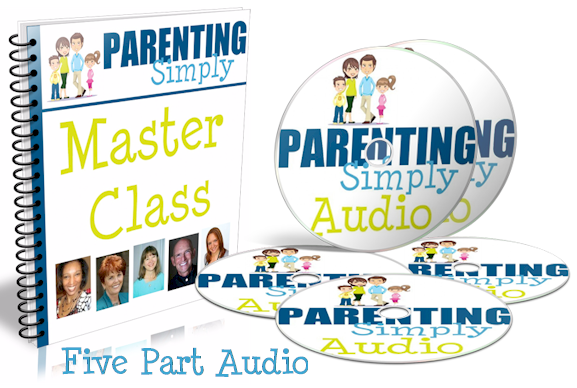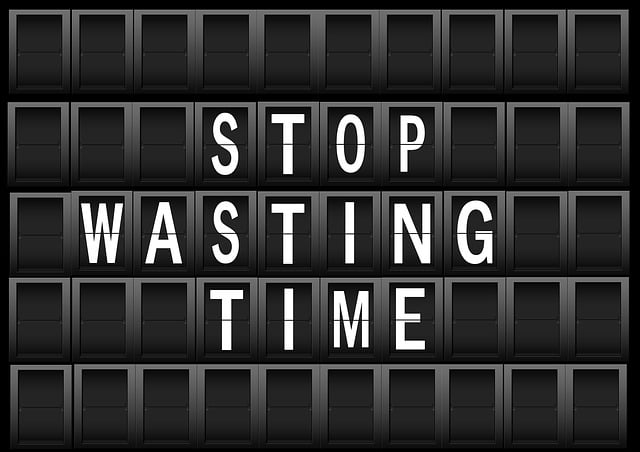Parenting can be challenging. Sometimes, mistakes happen, and as parents, we must admit when it’s our fault. Admitting mistakes might feel difficult, but it teaches your child accountability, trust, and humility. It shows them that mistakes are okay and that fixing them is important.
This guide will help you build the confidence needed to tell your child its your fault no matter the situation.
Why Telling Your Child It’s Your Fault Matters
When you tell your child it’s your fault, you’re teaching them that making mistakes is human and okay. Children learn responsibility by watching their parents. Avoiding blame can lead to misunderstandings or resentment, while being honest helps build trust and understanding.
Admitting fault clears up confusion and creates a safe space for open communication. It shows them you care about their feelings and can help strengthen your bond.

Don’t Complicate the Matter
When you admit a mistake, don’t complicate the matter. Keep your explanation short and clear. Avoid long explanations or justifications. Simple words like, “I’m sorry, I made a mistake” can be powerful and effective. Children don’t need a lecture; they just need to hear the truth in a calm, direct way.
Choose the Right Moment
Timing is important when addressing a mistake. Choose a quiet time when both of you are calm and not overwhelmed by emotions. This will give your child the space to listen and process what you’re saying without distraction.
Listen to Your Child’s Feelings
Once you’ve admitted your mistake, give your child the chance to share how they feel. Ask, “How are you feeling?” or “Is there anything you want to tell me?” This helps them process their emotions and feel understood. Always listen without judgment and show empathy.
Apologize and Make It Right
A simple “I’m sorry” goes a long way. However, show your child you’re committed to fixing things. Suggest ways to repair the situation, if possible. For example, “I’ll try to do better next time” or “I’ll make this up to you.” This shows responsibility and reassures your child that you’re actively trying to fix mistakes.
Be on Guard
Parenting requires constant learning. Tell parents to be on guard with emotions and how they respond. Always strive to communicate calmly and lovingly with your child to avoid misunderstandings.
Final Thoughts
Telling your child it’s your fault isn’t about giving up. It’s about showing responsibility, honesty, and trust. Mistakes can lead to growth and understanding. Stay calm, be honest, and remind your child they are loved and safe. A simple apology can make a big difference.

HELP THEM SET GOALS


